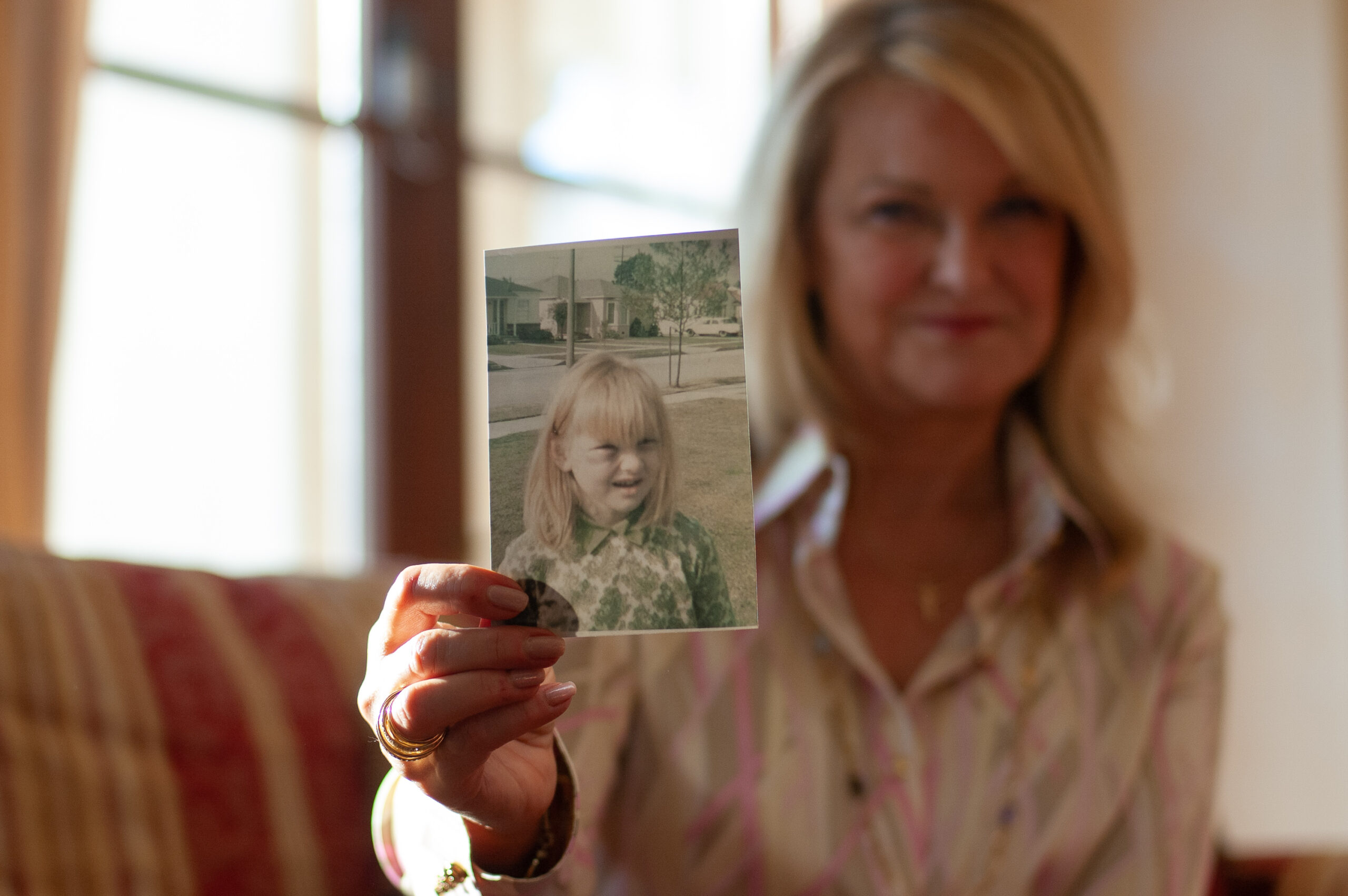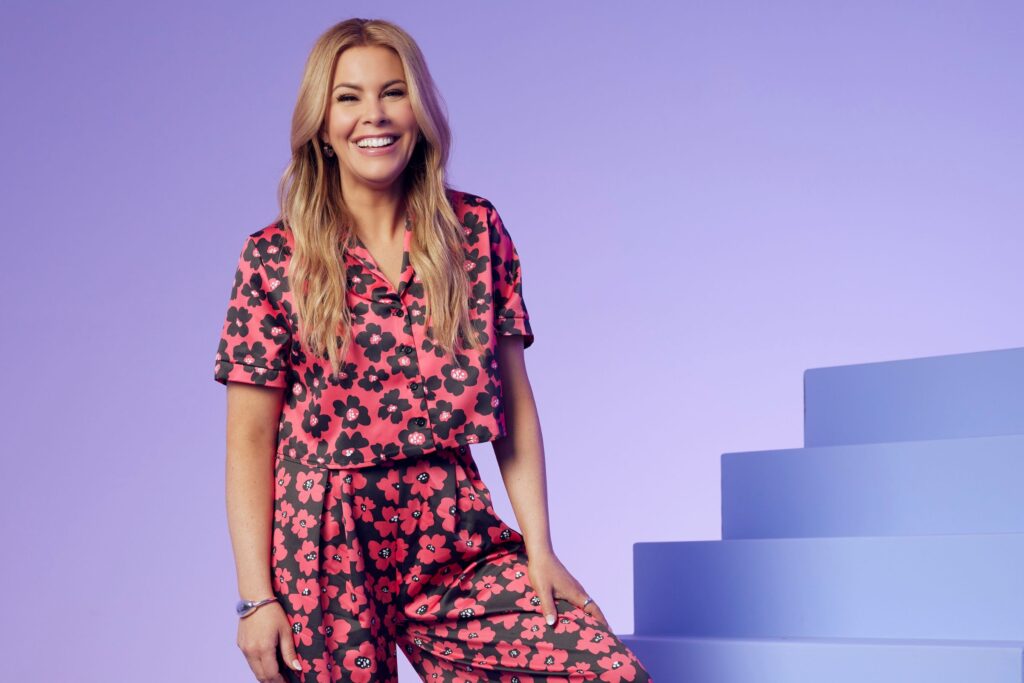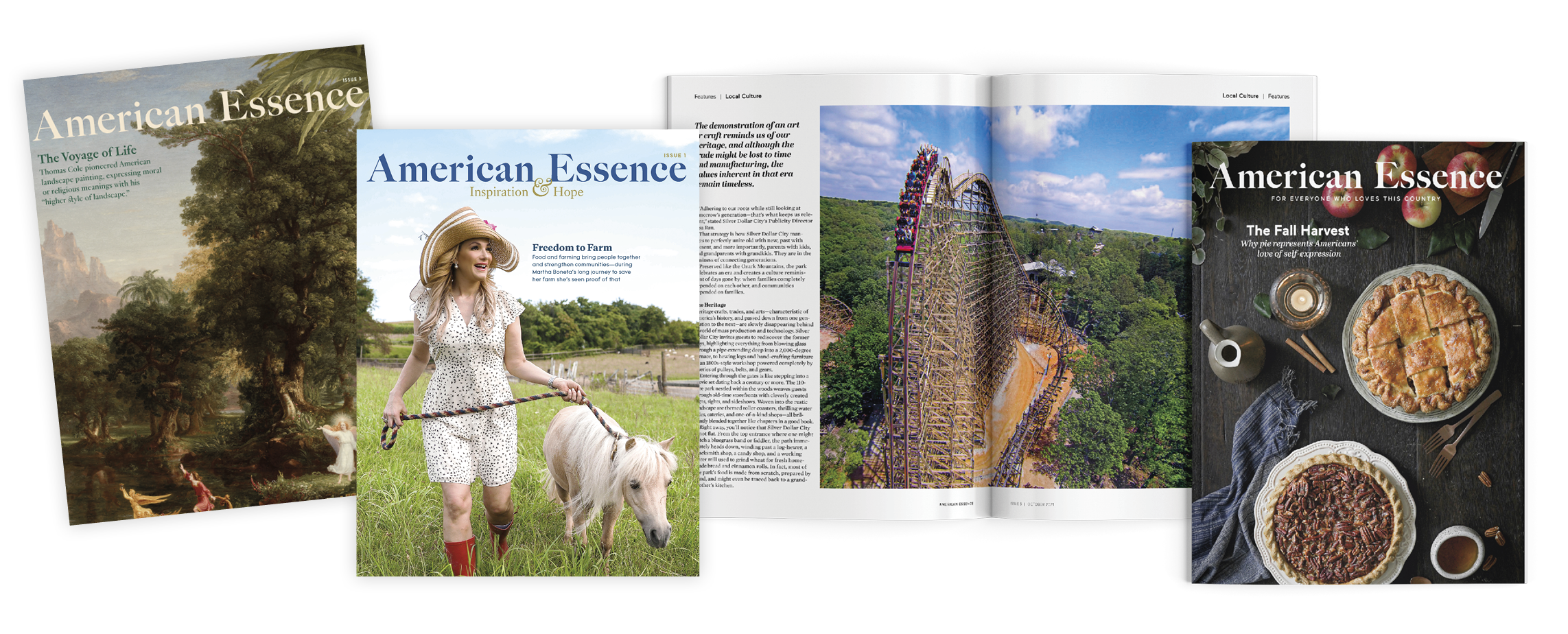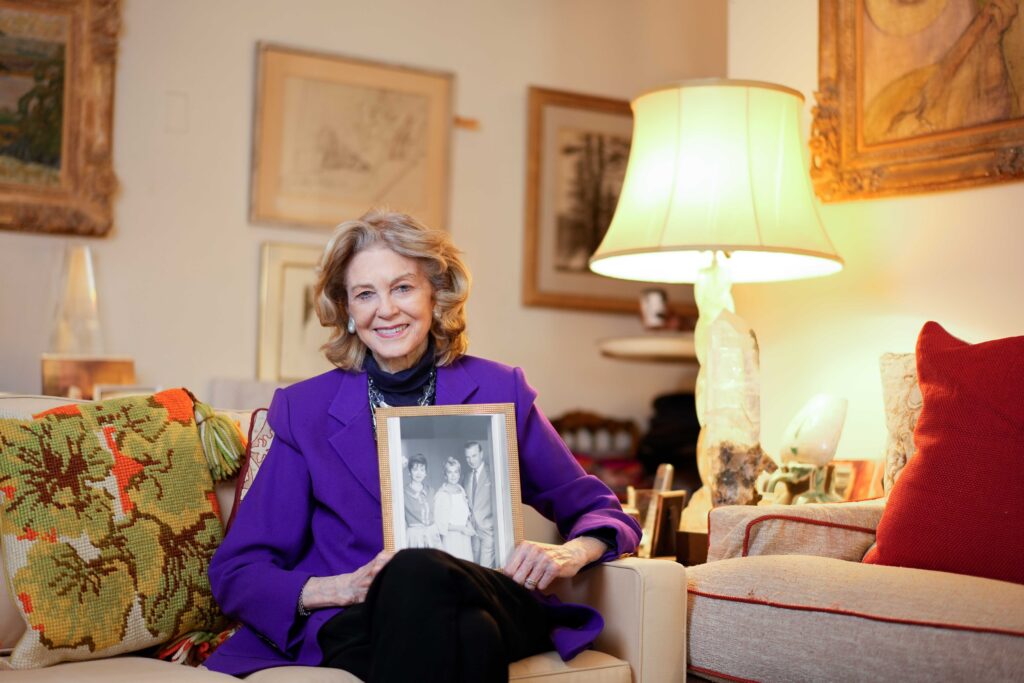I went from homeless to millionaire, but it wasn’t easy and it wasn’t overnight. Here’s my story.
I was homeless when I was 8 years old as a result of an uninsured fire in the little shack where I lived with my mentally ill grandfather and alcoholic and addicted grandmother. My parents were both long gone.
That time of being homeless made a powerful impression on me. When I think about it now, decades later, I can still feel the emotions of being scared, dirty, and hungry. I went to school every day for months, through fall and into winter, wearing the same filthy little dress and dime store flip-flops that I was wearing on the day of the fire. We slept in the back of our old pickup truck usually at a nearby lake. We fished and we dug around in trash cans for something to eat. When someone gave us a box of used clothes, some of which almost fit me, I was so excited. For me, it was like someone had handed me a million dollars. I didn’t know it then, but I can see clearly now that there was dignity in that box.
When I was 15 years old, I read that I could become an emancipated minor. Wow! No more living in filth (or staying with people who didn’t want us there), being screamed at, or being hit for any reason or no reason at all. I got a ride down to the courthouse, and I asked anyone who would speak to me how to get emancipated. I didn’t know that you were supposed to go with a lawyer or a social worker. My social worker had closed my case years prior, labeling me “unadoptable” because, she said, “no one wants to adopt school-aged children.”
After hours of hanging around the courthouse pestering people, a bailiff had mercy on me and escorted me back to a judge’s chambers. I stood outside the door while the man in the uniform went in and spoke to the judge. When he came out to get me, he said, “You’ve got 5 minutes.”
I told the judge that my parents had been gone for years, and that I wanted to be emancipated. “I can do it, your honor. I know how to take care of myself.” To my surprise, the judge didn’t summarily dismiss me and have the bailiff escort me out. Instead, he said, “OK, if you want to be emancipated, here’s what you’ll need. You might want to write this down. You’ll need to bring me a paycheck stub showing that you have a steady job, a lease for an apartment and a utility bill in your name showing me that you have a place to live, the registration for a vehicle to prove that you have a way to get to school and work, and passbooks for both checking and savings accounts.” I think he thought he’d never see me again.
I left there so excited! I went back to the ROP (Regional Occupational Program) office at the high school where I attended and asked them to help me find a job. They sent me on two job interviews—one at a bank and one in a little insurance office. I didn’t get the bank job, but the insurance agent hired me on the spot. Of course he did, because every time he asked me if I knew how to do something, I told him I was an expert at that! Most of what he asked about was a complete mystery to me, but I figured that I would learn and work hard and have a good attitude, and that all those things would make up for what I didn’t know how to do.
When that insurance agent taught me about homeowners insurance, I couldn’t believe what I was hearing. I was stunned to hear that this thing called “insurance” existed, which would have rebuilt our little shack, replaced our clothes and furniture, and put us up in a house while they were rebuilding our place after it had been destroyed by fire. It was like this man had lit an unquenchable fire in me. I became passionate about selling homeowner insurance because I never wanted anyone to go through what we had gone through. The only problem was that I was 16 years old and unlicensed.
I filed my application for an insurance license and was turned down. The rules were that applicants had to be at least 18 years old before they could take the test. I was completely dejected. I had taken everything the judge required for emancipation down to the courthouse, and had been declared an emancipated minor. I felt like I could do anything! But the Department of Insurance burst my bubble. My boss, the man who had lit the fire in me, prompted me to appeal. After all, as an emancipated minor, I could be tried as an adult if I committed a crime! So I appealed. I was declined. I appealed again. I was declined again. On the sixth appeal, my boss suggested I write a letter to the then sitting Insurance Commissioner saying that I was going to be at his office every morning when he arrived until he allowed me to take the test. I was approved.
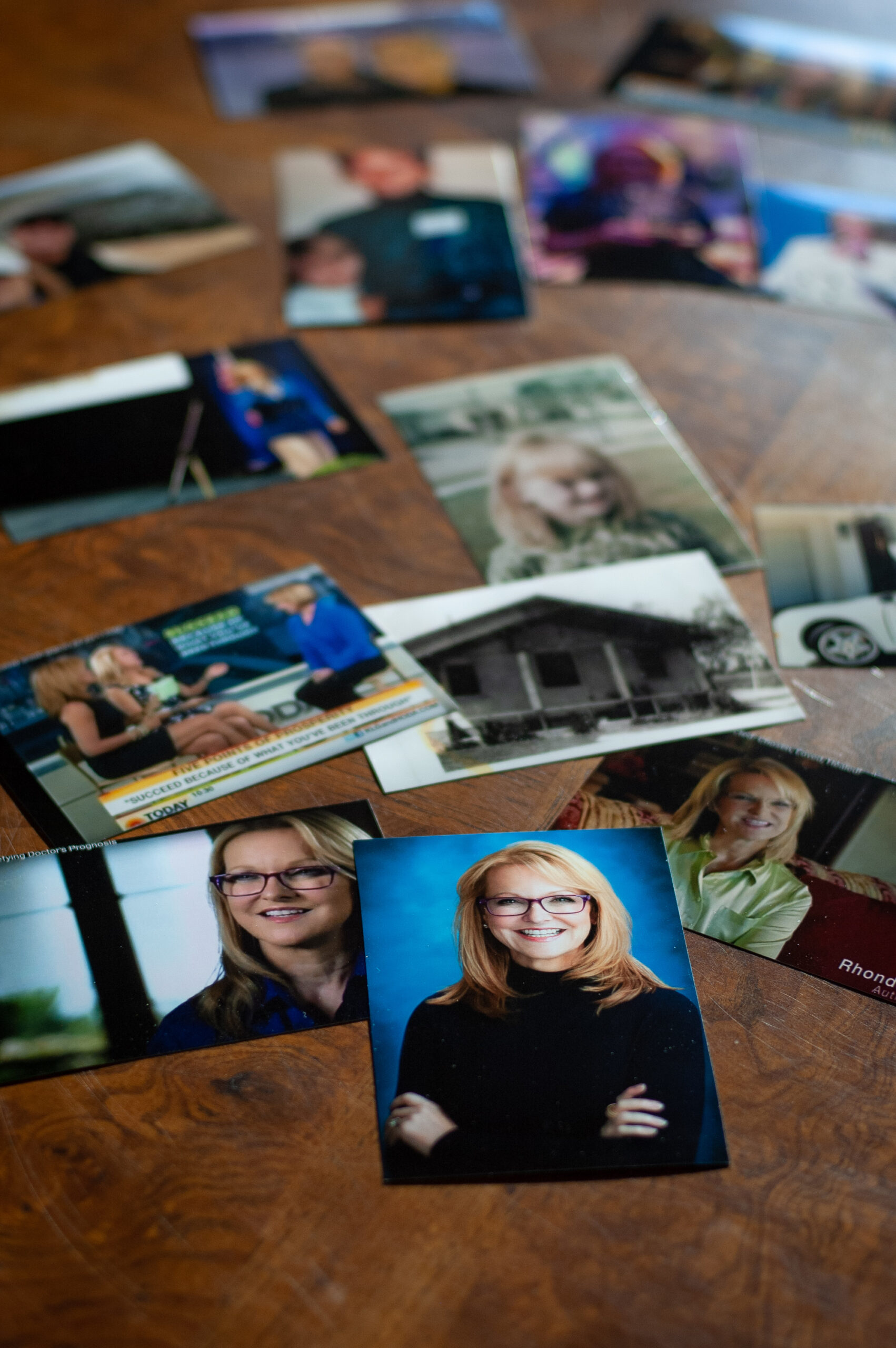
Successful Survivors
I passed that test, and I spent the next 40 years in insurance. Most of that time I was in my own business, Child Welfare Insurance Services, an organization that was founded solely to protect and defend the good people and organizations that care for children who have been abused. In that business, we educated the insurance industry on how to properly rate premiums for child welfare organizations that had previously been charged premiums as though they were hospitals or insane asylums. As a result, we put millions of dollars back into the budgets of the organizations we served. That was money that was spent on children rather than insurance.
I sold my company and decided to spend the rest of my life helping other people succeed because of what they’ve been through. That was exactly what I had experienced.
I realized that the most painful experiences of my life became the stepping stones to personal and professional success. The abandonment I experienced when my parents left taught me self-reliance. The poverty I experienced taught me how to manage money and how to appreciate even the simplest things like warm running water, clean sheets, and food in the pantry. Child abuse gave me an empathy for victims of abuse that can be acquired only through lived experience. Being homeless as a result of an uninsured fire gave me a passion for the very thing that would be the vehicle through which I could help hundreds of nonprofit organizations, and indirectly, thousands of wounded children.
I founded an educational nonprofit, Successful Survivors Foundation, for the purpose of helping others create their own successful lives. We launched the Love Is Action Community Initiative to encourage people in neighborhoods to come together to help to eradicate social isolation and the societal ills that emanate from it, including child abuse, domestic violence, human trafficking, substance abuse, suicide, and all the others.
In this second half of my life, I’m trying to help as many people as possible. Because I can only be one place at a time, I began to write. And I launched a podcast called Empowering Resilience. I’ve written 14 books, the most recent of which, “30 Days to Love,” is scheduled for release in November 2021. I’m working on turning my Your Real Success curriculum into a series of micro-learning courses, in the wild aspiration of helping millions of people to find and fulfill the purpose for which they were born and perfectly matched.
And the most recent fun I’m having is doing the interviews for the American Success segment of American Essence Magazine. There are so many truly remarkable people throughout our great country who live quiet and peaceful lives of service to others. In their own unique way, each one is making the world a better place. It’s such a privilege to be able to tell their stories. I hope you’ll check in with me monthly for the next story. And who knows, maybe one of these days, the story will be about you.
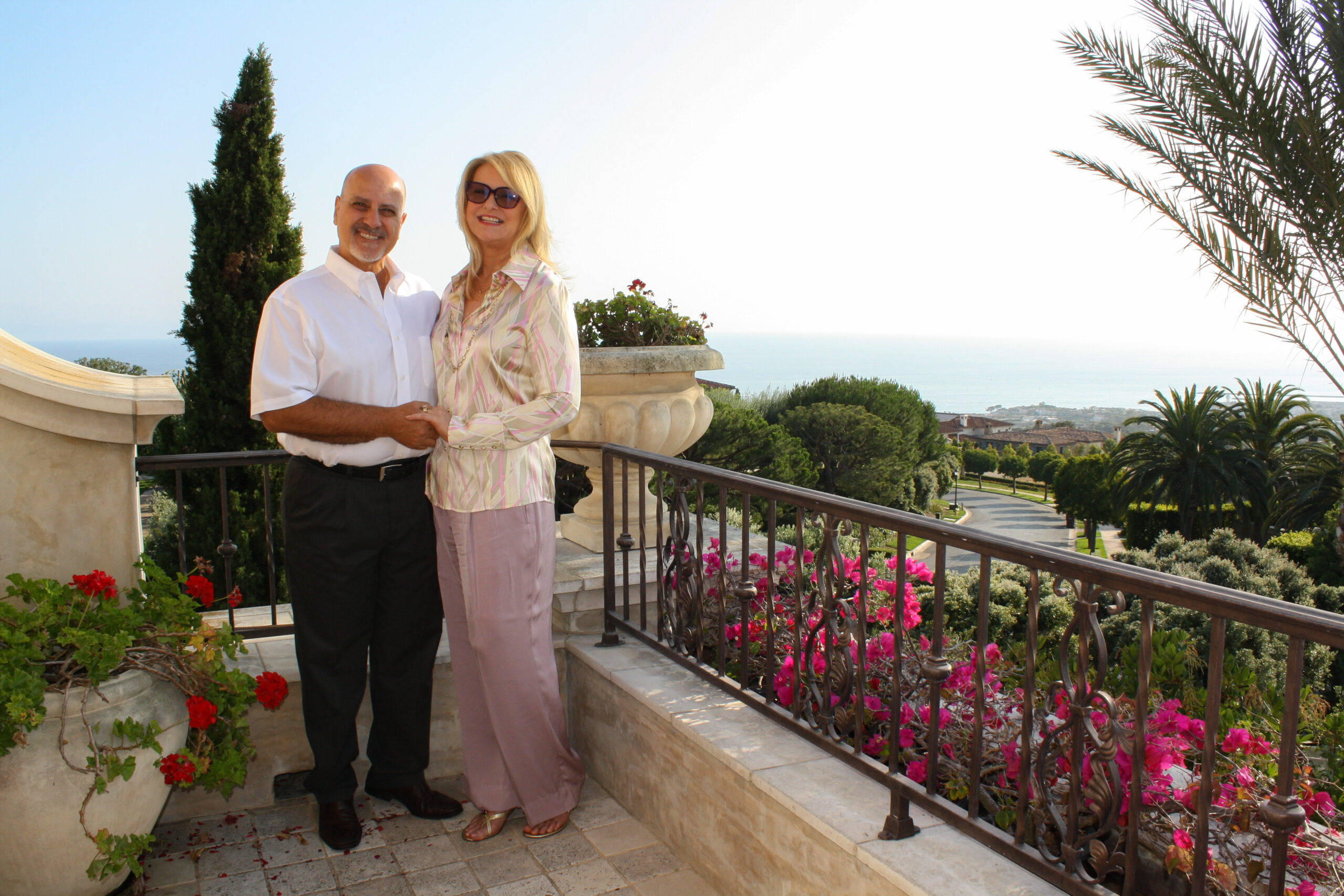
What challenges or hardships have you faced and overcome?
“I’ve overcome abandonment, abuse, poverty, and many other adversities. The most important aspect of facing challenges and hardships is discovering the truth that despite how difficult or painful it may be in the moment, suffering is optional. We can choose to be positive, be good to others as best we can, and expect good things to happen. This is my formula, if you will, for turning our adversities into our advantages. Adversities give us priceless opportunities to develop character traits, such as empathy, and learned abilities that we cannot acquire any other way.”
Tell us about the life that you live now.
“I am happily married to my husband of 30 years, Nick Sciortino. When I married him, I got a great, big Italian family as part of the package. Their acceptance of me helped to love me into wholeness when I was still rough around the edges. I used to be skeptical of people, almost expecting them to hurt me. But I understand now that when people don’t behave well, it’s because all is not well for them. Now, instead of being skeptical and defensive, I try to approach people with kindness, mercy, and love.
I have a wonderful daughter and son-in-love and amazing grandchildren. I can honestly say that I now have what I call Real Success, which is a balance of five separate facets, including good relationships, good health, peace, joy, and financial provision. That’s what I want for everyone.”
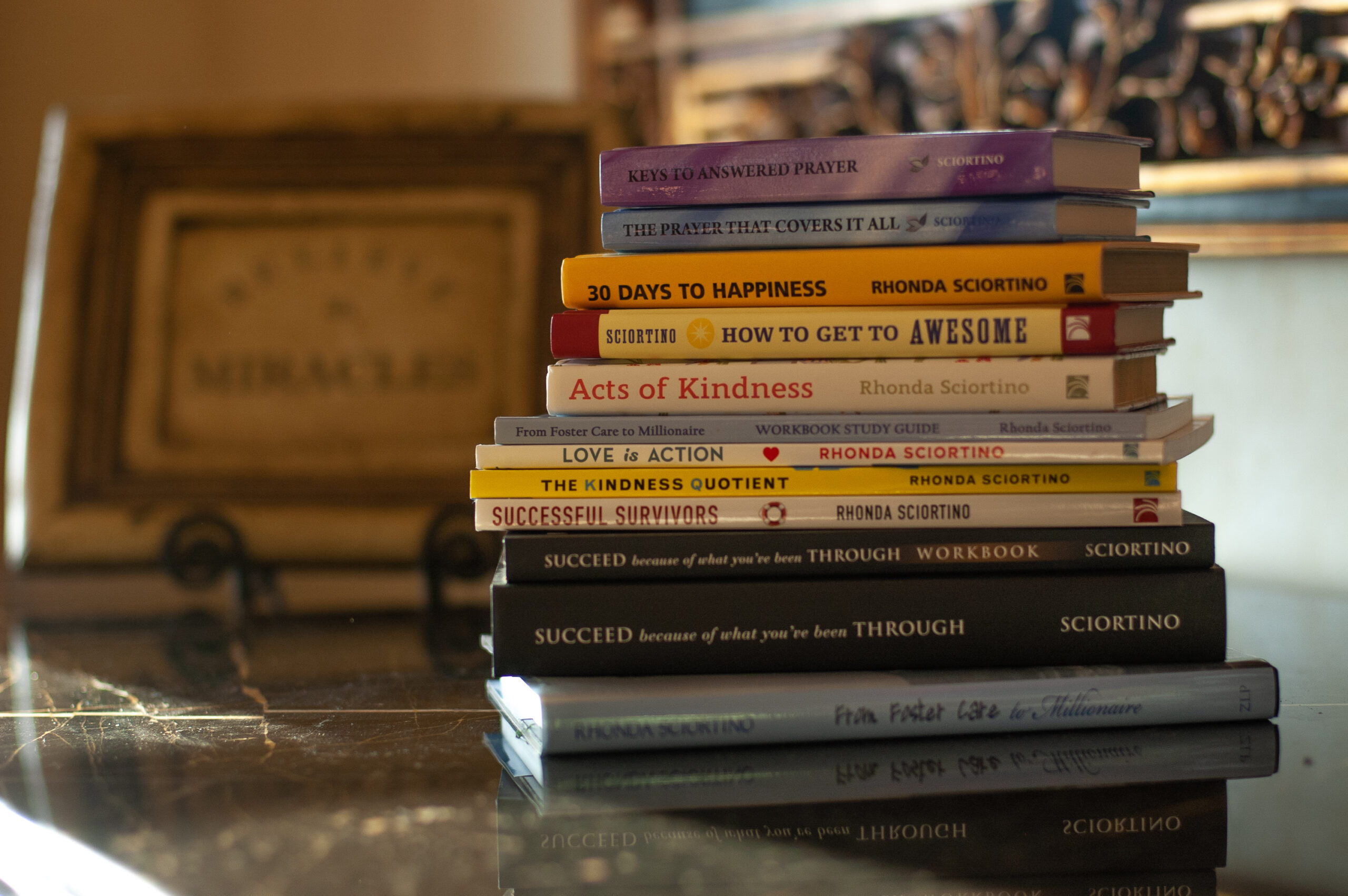
What are three things that you do for others?
“Through my writing, speaking, podcast, and media, I do my best to share the wisdom that I’ve acquired along the way. I’ve tried to learn from everyone I know. (Sometimes I’ve learned how NOT to behave—still, it’s all valuable.) So I pass along tips so that others can build on what I know and go farther than I ever will. On a personal level, I share my faith and values. In my journey from homeless to millionaire, I’ve learned what works to move us toward fulfillment of our purpose and the real success that accompanies it. I’ve also learned what doesn’t work. Those things that do not work distract us from the good life we were born and fully equipped to live. I share what I know to help others save the precious time of their lives that can never be retrieved.”
Some favorite quotes:
“You can have anything in life that you want, if you’ll help enough other people get what they want.” —Zig Ziglar
“Do what you can, where you are, with what you have.” —Teddy Roosevelt
“The harder you work, the luckier you get.” —Samuel Goldwyn
A book that inspired you:
“The Body Keeps The Score” by Dr. Bessel Van Der Kolk
“Man’s Search For Meaning” by Viktor Frankl
“Mere Christianity” by C.S. Lewis
Best advice:
“Forgive those who have hurt you. Be kind to everyone. Show love to others every opportunity you have. When you do those things, your life will be filled with kindness, love, and mercy. It doesn’t get any better than that!”
Rhonda Sciortino is the author of “Acts of Kindness,” “The Kindness Quotient,” and “Love Is Action,” among many other books. She hopes to nudge people toward Love.

